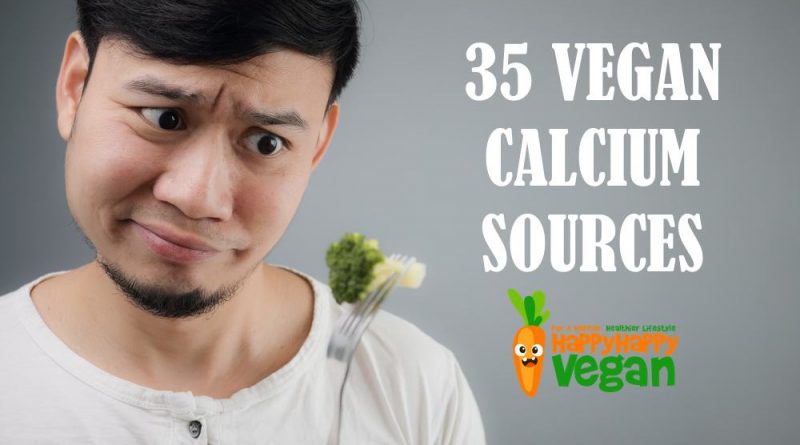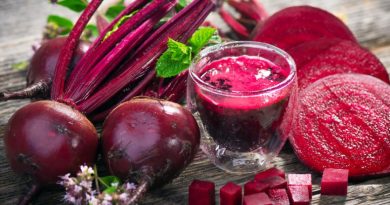35 Vegan Calcium Sources, Are You Getting What You Need?
There are certain concerns that come up time after time when people think about going vegan. One such worry is, “Will I be able to get enough calcium from a vegan diet?”. The good news is that you most certainly can, and with these vegan calcium sources you’ll likely be ahead of the dairy lovers out there too!
You see, over the years, marketers for the dairy industry have done a remarkable job of persuading us that milk and all of its dairy byproducts are the only way to get sufficient calcium into our bodies. Clearly this is ridiculous.
The amount of vegan calcium sources out there is huge, and here today we explore some of the best ones for you to choose when you transition across to a plant-based diet.
Shall we start? Let’s go!
Collard greens
These loose leafed lovelies are one of the most potent vegan calcium sources on the list and are part of the much loved Brassica family. You’ll get a whopping 268mg of calcium from every cup of these glorious greens, and they taste pretty darn good, too.
If you live in the UK and are wondering what the heck collard greens are, try spring greens instead. They make a great substitute, as does kale (more of which in a bit!).
Tahini
Once toasted and ground up into a paste, hulled sesame seeds are transformed into tahini, an absolute staple of Middle Eastern and North African cooking. Tahini tips the calcium scales at 130mg for every two tablespoons, so feel free to have a little extra hummus next time around!
Hemp milk
Hemp milk is one of those plant milks that compares very favourably to cow’s milk when it comes to calcium per cup. Ordinary 1% fat cow’s milk has 305mg, whereas hemp milk gives you a remarkable 460mg in every cup, that’s over 50% more than what Daisy would give you!
Kale
This beautiful Brassica is recommended for a whole host of reasons, and calcium is just another to add to the list. Every cup of this green leafy veg gives you 180mg of vegan calcium goodness.
Soybeans
Ahh, soybeans. The East Asian import has become a huge part of many a vegan and vegetarians life, and they give you a decent dose of calcium, too. Every cup of these legumes delivers 175mg of calcium.
It is, however, well worth noting that these beans should be consumed in moderation and non-GMO soy sourced wherever possible. Pregnant and breastfeeding women should avoid soy altogether, and you should even consider ditching soy products if you are planning to have a child in the near future because of the endocrine disrupting compounds found within the beans.
Artichokes
Believe it or not, artichokes are a form of thistle. Take another look and you’ll no doubt have an “aha” moment. Anyway, back to matter at hand. Artichokes stack up fairly well in the calcium stakes, with one medium globe giving out 55mg.
Blackcurrants
These piquant berries pack a punch in flavor, but they also give us a reasonable amount of calcium as well. Every cup has 62mg in them, making them a very tasty vegan calcium source indeed.
Tempeh
Originally from Indonesia, tempeh is made from soybeans that have been fermented and the nutritional value of the product is well known in vegan and vegetarian circles. High in fiber, vitamins and protein, tempeh also gives a good dose of calcium per cup, too – 215mg.
Tempeh, like soybeans themselves (see above), should be eaten in moderation.
Oranges
Although we are well aware that oranges are not the only fruit (sorry) to contain calcium, they do deserve a place on our list. An average size fruit will give you around 50 to 60mg.
Fortified orange juice
If the whole fruit by itself isn’t good enough for you, you can always opt for some fortified orange juice to boost your calcium intake. Each cup contains around 300mg.

















